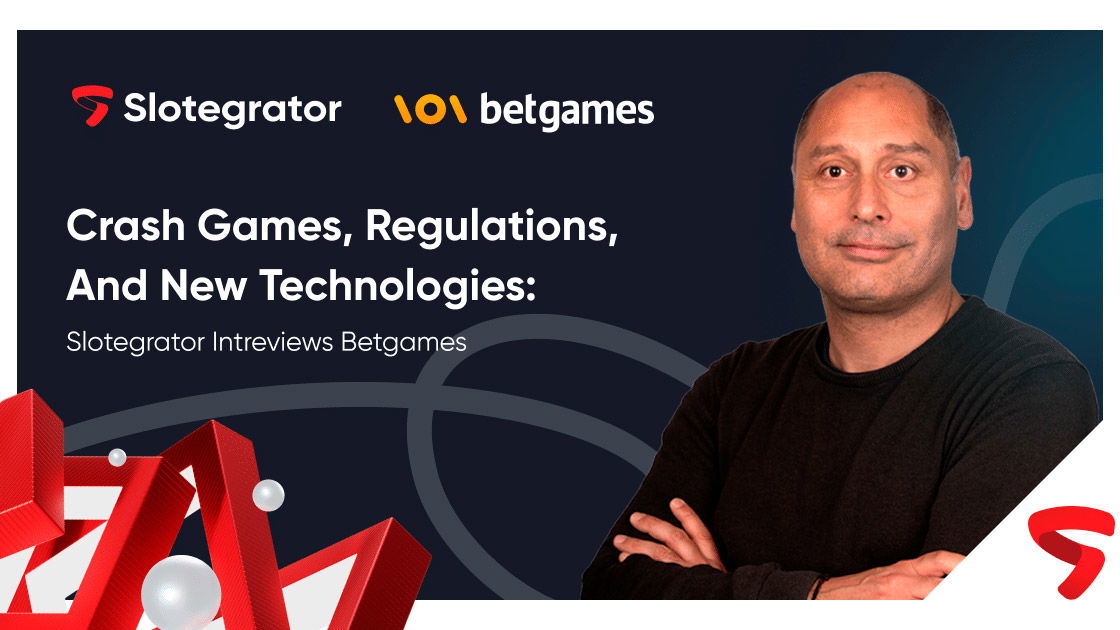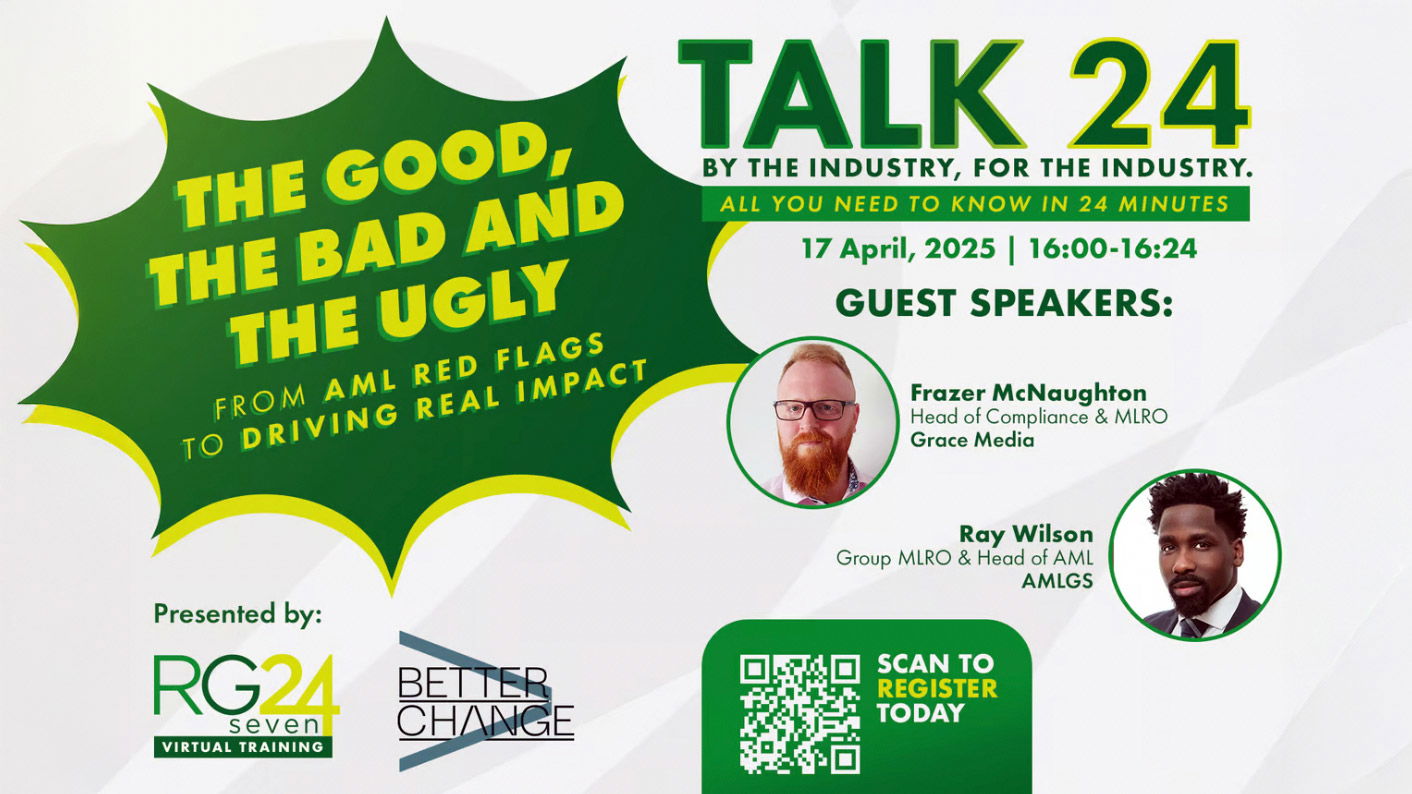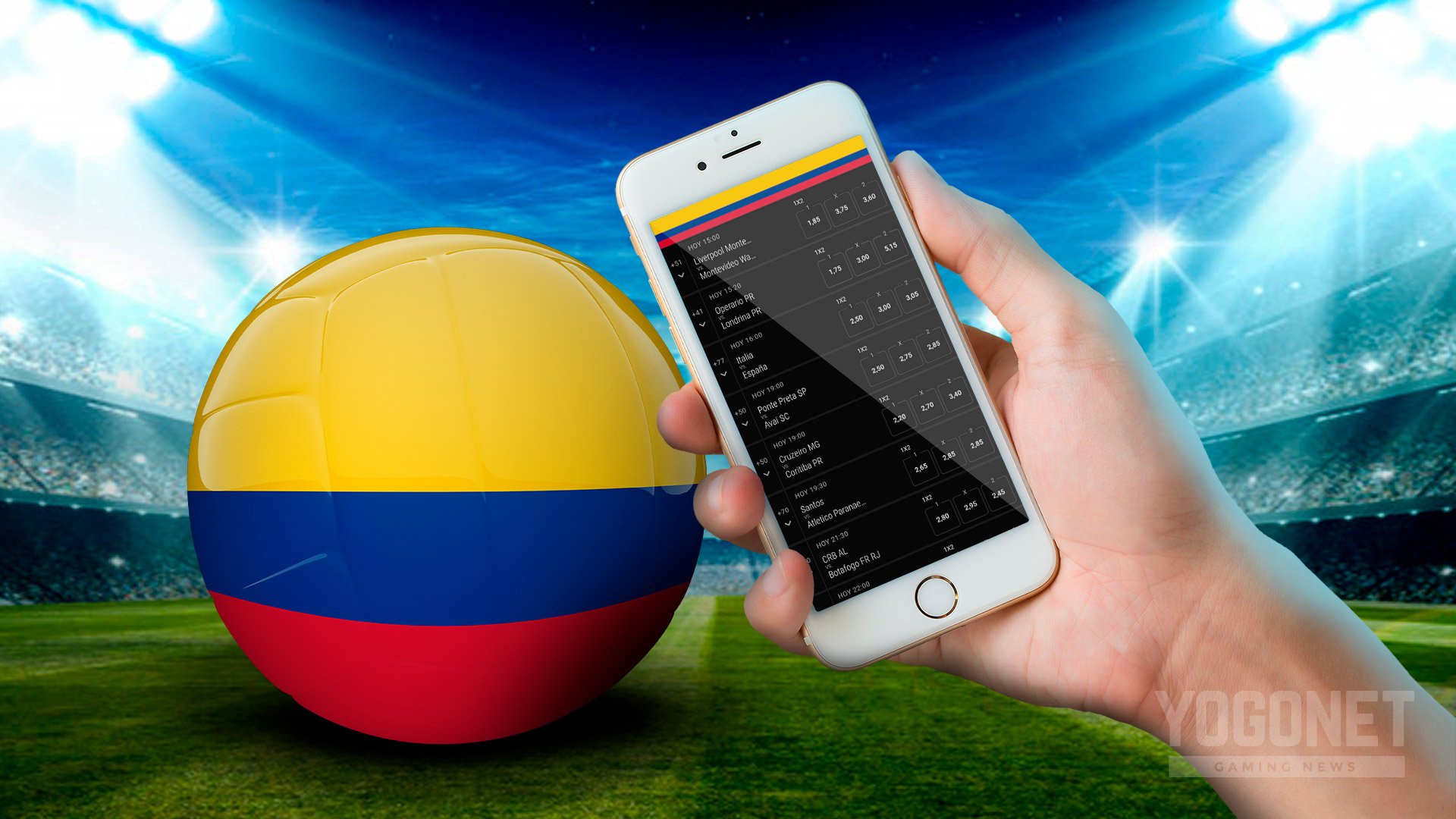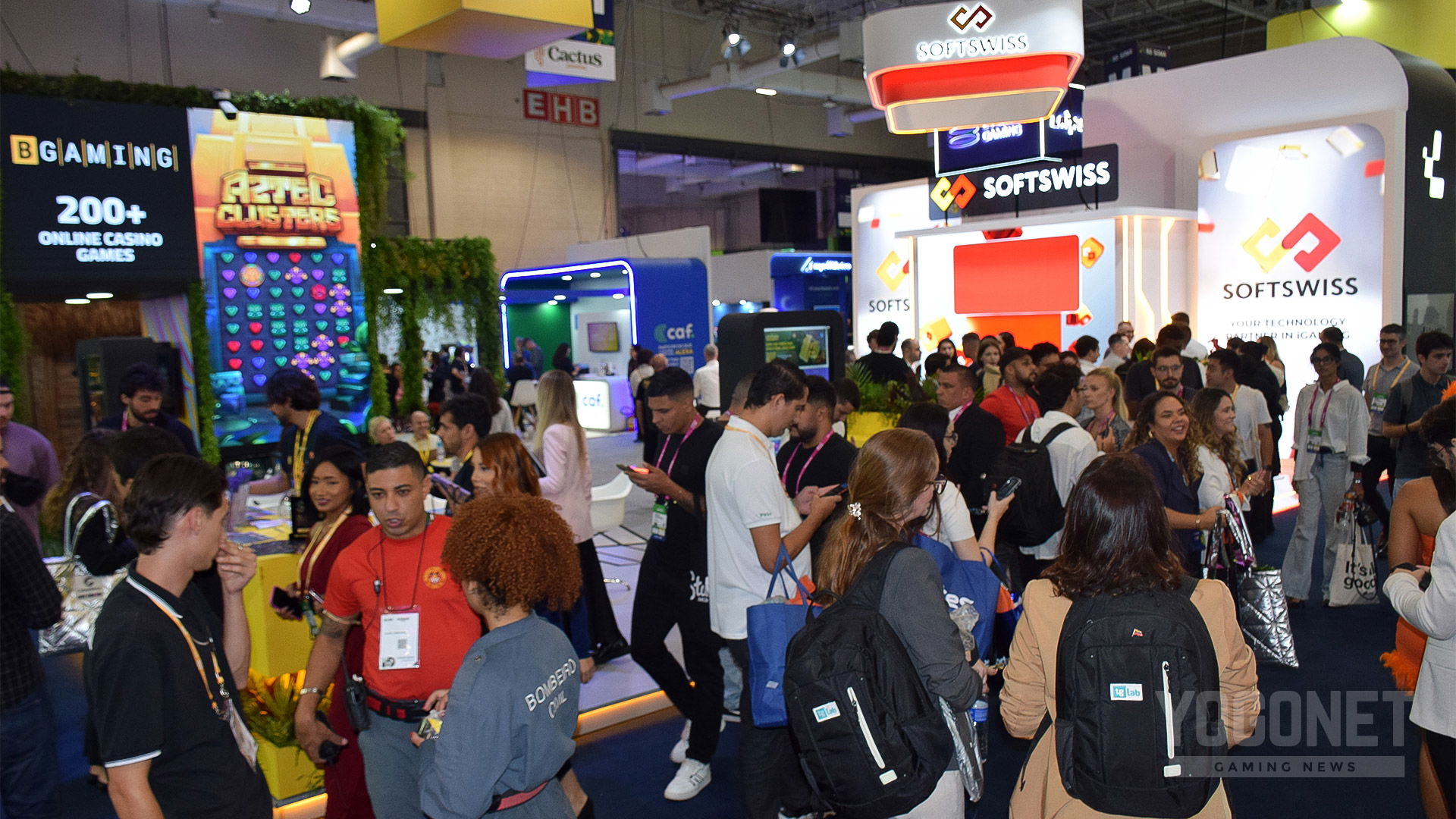"Crash Gambler's fairness scale helps players evaluate a game's fairness simply by examining the scores given"

In the world of online gaming, fairness is everything. But how can you trust what you can’t see? While many game providers assert their games are "fair", players usually don't have (or know) the tools to evaluate the mechanics behind the titles they play, and ultimately end up relying on claims they can't check themselves.
Recognizing this major issue, Crash Gambler, a platform developed by experts in crash and crypto gambling, has developed a provably fair score scale—described as "the first of its kind"—to help players evaluate these claims confidently.
To learn more about this tool and how it works, Yogonet held an exclusive interview with Jure Hodnik, Product Operations Specialist at Crash Gambler, who explained how the scale works and the potential it has to improve the user experience. Moreover, Hodnik discussed the growing popularity of crash games and what to expect from this vertical in the upcoming year.
For those who are not yet familiar with Crash Gambler, can you share with us a brief overview of what the site does?
Crash Gambler started almost two years ago. We launched it when it was becoming crystal clear that crash games were not going anywhere.
What we're doing essentially is building the go-to platform for both new and experienced crash gamblers. We're focused on providing value on every page, starting with our homepage, which is now home to the most comprehensive games database out there. We also do detailed game reviews, and in-depth guides about complex topics like provable fairness, algorithms, and gameplay strategies.
We also have a large community, where we organize crash gaming tournaments, share ideas on strategies, and more. We recently organized livestream tournaments, which were super fun and that the community loved. We plan to do it again in the future.
Online gaming providers often describe their games are "fair", but players ultimately end up relying on claims they can't check themselves. What is the reason behind this?
One problem that every gambler out there has is feeling cheated. That's why most players eventually start seeking out information about the games they play and try verifying the game's provable fairness systems.
However, unless the game offers some kind of in-game fairness verification, it is pretty difficult for the players to understand what RNG certificates are, and whether those certificates are from respected gambling jurisdictions. Moreover, not many players go so in-depth about understanding how fair the game actually is.
In response to this problem, Crash Gambler launched its Fairness Score Scale, which helps players choose fair games. How does it work?
What Crash Gambler's fairness score does is help players evaluate a game's fairness simply by examining the scores given.
To battle that problem of lack of knowledge surrounding how fair games truly are, Crash Gambler first started publishing in-depth guides about provable fairness. We really went into detail explaining how it works, and how random generators work in general. However, not all players are interested in reading 2000-plus word guides and focusing on the details.
Once we realized that, we started evaluating the games ourselves. Let's say we add a new game to Crash Gambler. We do the verification checks, go to the game provider's page, and check the RNG certificates, along with the gambling jurisdictions they are from... That's essentially how the Crash Gambler Fairness Score Scale was born.
The idea is for us to provide the players an assurance of fairness by simply taking a glance at a rating that reflects each game's fairness. All they need to do, if they want to go more into detail about the fairness score, is check our explanation page, which is rather short and helps you understand what each rating means.
While we already had game reviews, this scale brings something new to the table. What role do you see it playing in the longer term?
Step one was verifying each game that we have listed on Crash Gambler. It was a lot of work, but it was just the beginning. What we ultimately strive to do is to improve how game providers communicate the fairness claims to the players.
Communicating the fairness claims to the players could be a good competitive advantage for the game providers. The players will keep coming back if they feel that they're being treated right in your game. But this isn't always the case.
Right now, there's plenty of room for improvement when it comes to communication between providers, casinos, and the end player. The fairness score can serve as a solution for that in the long run.
How do the scale's scores work? What do they represent?
The scale goes from 1 to 5 with five being the highest. Five is the ultimate rating, meaning that the game offers a real-time, in-game, provable fairness verification system that also allows players to modify their client-side seed value. That's the gold standard.
Four means that the game offers sufficient information about the algorithm, and it also offers real-time in-game fairness verification, so players can check the hash data of every round. They can verify the hash data using external encryption tools, for example.
Then we have rating number three, which is a super common score, but at the same time pretty complex to determine. This score means that the fairness behind the game is certified with valid RNG certificates or certificates from reputable gambling jurisdictions. What we do is check those certificates and jurisdictions behind the game.
You also have scores two and one, which represent questionable fairness and fairness without any real proof, respectively. Some games will claim to be fair, but there's no real information on the game provider's page or in the game itself. That's when we are forced to assign the lowest scores. But before we do that, we contact the game providers for an explanation, allowing them to provide us with proof.
To sum up, we inspect in-game documentation and the game providers' pages, seek out the certificates, and email the providers if needed. Then, based on all the data that we collect and verify, we assign the game a fairness score. There's quite a lot of work in the background.
What are the initial results of this endeavor? What are some of the most frequent scores, and what has player reception to the scale been like thus far?
We don't have a lot of data yet since this is a newly released feature, but there was a demand from our community even before we released it. They had a lot of questions about the fairness of the games they play, which is what we are trying to answer.
As for the most common scores, it's three and four in almost equal amounts. That's a rather pleasant surprise; it's a good result. It means that the majority of the games that we have listed are either backed by a valid R&D certificate that is reputable or that the title offers in-game fairness. Overall, the landscape of fairness is much better than we first expected, which is good news for players.
Crash Gambler is currently in negotiations with game tech labs to verify the scale. Can you tell us a bit more about that process?
For the fairness scale to get the recognition it deserves, we are currently trying to get it verified by a reputable gaming lab. We are in the negotiation stages with a couple of labs right now. We want to have the process verified and to have it as optimized as it can be, meaning that it can be trusted.
I think once we get through that stage, we can progress on the path of helping providers communicate fairness in a better way through the scale. There's nothing that I can reveal yet, but we are working on it.
Crash games have seen a spike in activity over the last few years. What are the keys behind this sustained growth?
I think the key behind crash games and the popularity that they gained in the past ten years is the fact that they're simple at their core and that they offer players manual control over the payouts. You can cash out when you see fit, whereas with slot games, you just press the button and hope for the best. In crash games, you still have some control. The question with crash games is: "When are you going to jump out of the game?" This is the thrill that players simply love and what keeps coming back.
At the same time, we've also seen crash games become more and more complex, which gives them another dimension. There's been a lot of betting automation, and a lot of work on multiple betting positions. You can now place three bets at a time, or even four bets at the same time. This allows players to develop strategies, as well as talk about and share those strategies. This explains why our community is so lively because there's always something new to test.
As for 2024, I would say this was the year when we really saw crash games explode in terms of new releases. We are seeing an increase in creativity in both design and in terms of game mechanics. The game mechanics remain fairly basic, but you can put different twists on them. We've also seen game providers release games with 3D designs. I don't see these trends stopping anytime soon.
What can we expect from the vertical in 2025?
I think the momentum is going to continue because there are not that many new game genres popping up that players love. Old genres are still dominating. Slots have been here for multiple decades. Plinko is relatively new, but at the same time, not that much if you think about it. Crash games are a breath of fresh air in the gambling scene, and they are bound to continue growing. We are seeing game providers dedicate more and more releases to crash mechanics.
As for Crash Gambler, we plan to continue providing value with everything that we release. We're currently focused on covering all the games with our reviews, while also touching upon topics like developing markets or how game developers are releasing lightweight games for markets like Africa and Brazil, where players don't necessarily have the strongest internet connections or may use older devices. At the same time, we plan to continue building our community, organizing more fun tournaments and launching live-stream tournaments.


















































